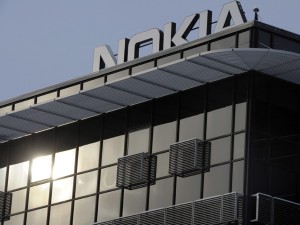Payments giant Mastercard Philippines is open to allowing cryptocurrency transactions if approved by local regulators, saying virtual money such as bitcoin and other digital assets “can no longer be dismissed as a passing phase.”
During a business forum on Monday, Mastercard country manager Simon Calasanz said their goal was to widen options for clients to use either traditional money or virtual currencies while acknowledging divisions around the world on how digital assets should be regulated.
“One thing that we espouse for these digital currencies, and depending on the locality [where] it is being offered, there are two things that have to be present. Number one, it has to be fair to the consumer and number two, it has to be allowed by the regulator,” he said during the 42nd anniversary celebration of the Credit Card Association of the Philippines.
Mastercard, one of the world’s largest payments processors, is embracing alternative currencies given robust demand for bitcoin, ether and allied assets such as non-fungible tokens (NFTs.)
Data from comparison website finder.com showed that roughly 10 percent of the Philippine population, or 11.1 million people, owned crypto assets—larger than the roughly 1.7 million stock market investors.
Cryptocurrencies themselves are not regulated in the Philippines. Instead, the Bangko Sentral ng Pilipinas requires firms trading cryptos to secure virtual asset service provider licenses to ensure these are not used for illegal activities such as money laundering and terrorist financing.
The hazy regulatory regime has led to flash points in the emerging industry, notably the recent bid filed by Infrawatch PH think tank, led by former congressman Terry Ridon, to ban crypto trading giant Binance in the Philippines.
The Securities and Exchange Commission responded by issuing an advisory against investing with Binance, saying the platform had not secured the necessary permits from the corporate regulator.
For Mastercard, Calasanz said they would be agile and innovative “to be able to pivot quickly when market and consumer conditions change.”
“In today’s world, money is no longer just a physical asset. It is represented in things like digital wallets, digital currencies and NFTs,” he said.
Calasanz said it was also important for large institutions like Mastercard to act as “trusted figures” given concerns over fraud and cybersecurity.
“Today, we are concerned about fraud and theft. But in the future digital world, perhaps there might be other protection roles we need to play. For example, unequal access to lending, financial exclusion, being people left out of the digital revolution,” he said.


